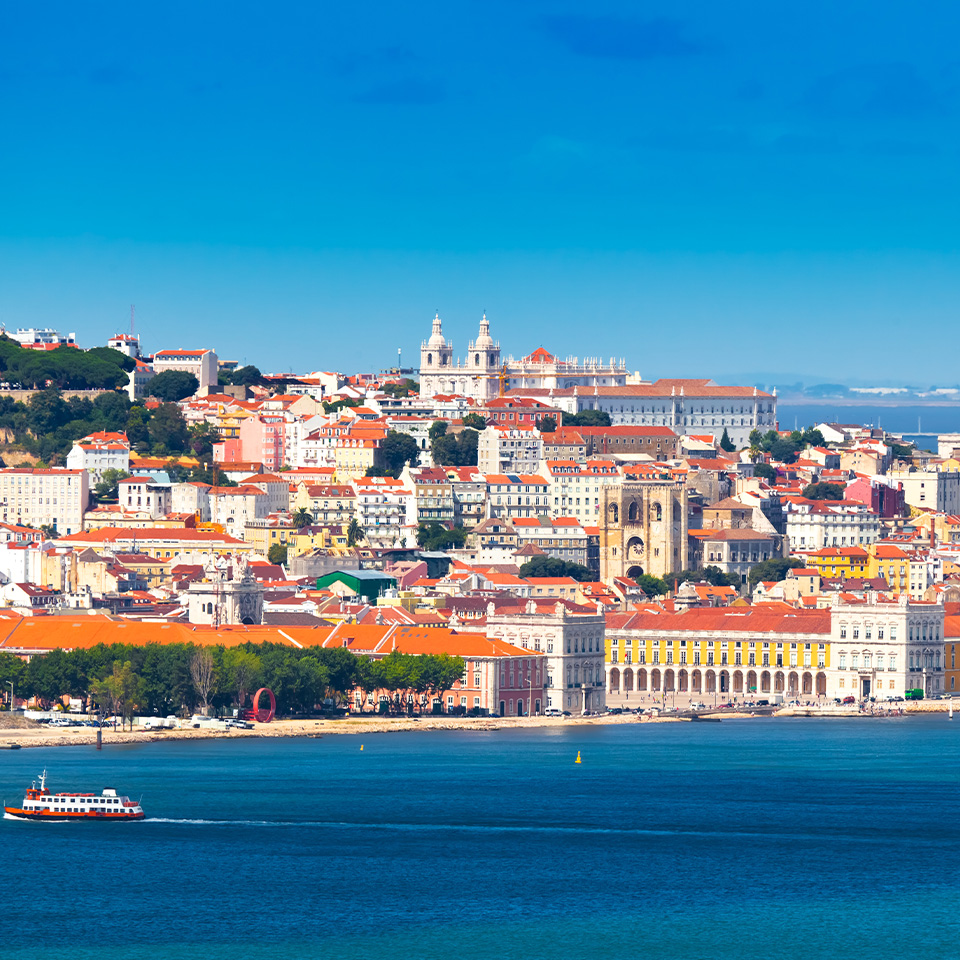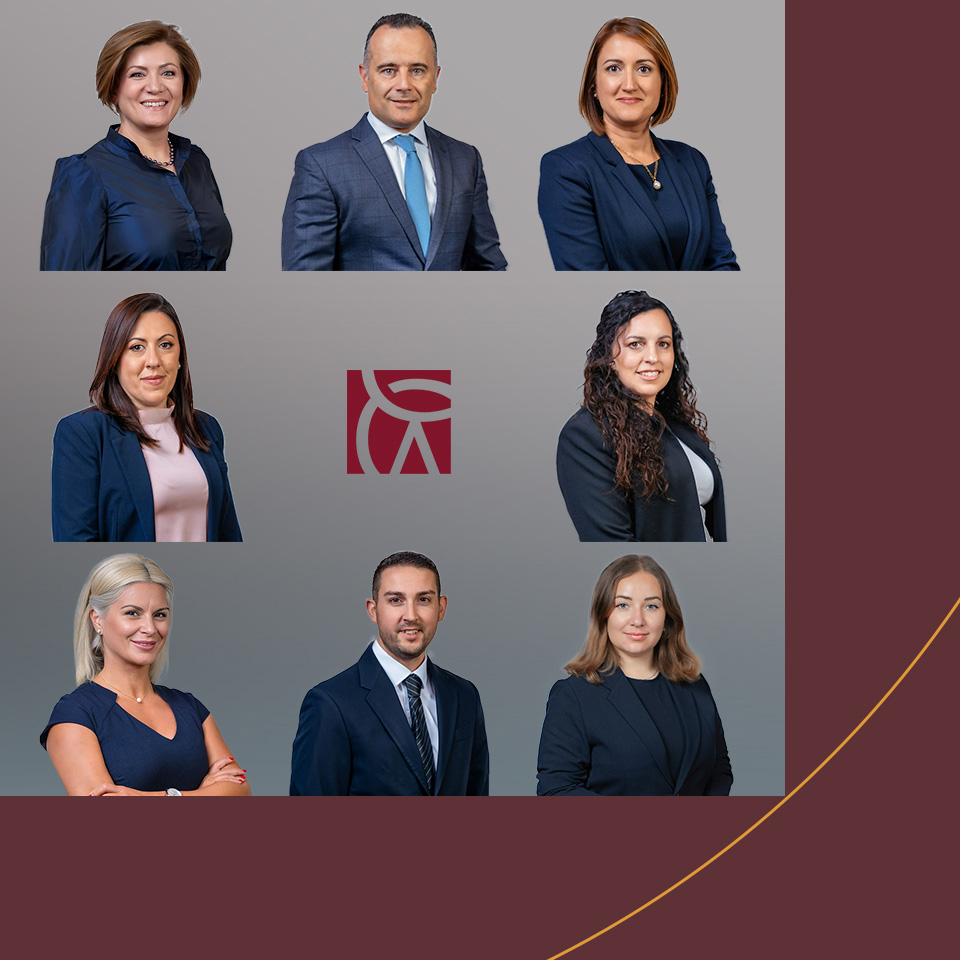Benefits of a having a Second Passport
In Second Passport, we explain the meaning of a second passport and highlight the benefits of having a Second Passport. We explain how a second passport can be acquired through citizenship by investment programmes and why some countries use second passport programmes to attract investment in their economies e.g. Canada, USA, UK, St Kitts, Grenada, Turkey, and Malta second passport programmes.
The prospect of attaining a second passport has received significant attention in the past years, and for good reason. There are several benefits of a second passport. Below are some benefits of attaining a second passport through a citizenship route or citizenship-by-investment programme:
What is a second passport?
First and foremost, citizenship is what entitles its holder to receive a passport of a sovereign country. A passport is a travel document that expires and requires renewal. This can be renewed thanks to the right of citizenship, often acquired by birth, by descent, by marriage or by investment. A second passport is acquired when, on addition to holding your first citizenship, you proceed to acquire a second citizenship through birth, descent, marriage or investment. A second passport comes from the fact of having dual citizenship.
Plan B: A second passport for peace of mind
When broken down to its most basic constituents, citizenship grants you the protection of the state, however, citizenship is also a double edged sword which grants a single government the sole power on your life and assets. This is often widely taken for granted by citizens who live in politically stable jurisdictions where democracy and rule of law are the order the day. While such citizens remain somewhat vulnerable to their government’s capital control and restrictions, they do not mind turning a blind eye as long as their standard of living remains untouched.
On the other hand, an unstable political climate and totalitarian regimes pose a threat to property rights over the family's assets and, worse still, may threaten one's fundamental rights such as the right to life, the right to freedom of movement and the freedom of expression. They may even result in economic collapses bringing dire prospects for the future of a country and often serve to drive citizens to seek out alternative or second citizenships other than the citizenship of of their country of origin. A second passport may serve as a Plan B or safety net as the family's future no longer hinges on the stability of one government. Peace of mind is essential for the healthy development of a family and we have successfully advised several families from the world all over on the most suitable investment programme leading to a second passport..
A second passport for investment diversification
Attaining a second passport often forms part of a well-thought investment diversification strategy. Second passports open up new markets for investment, enable the citizens to invest in stable real estate and investment markets.
There was a time when money and connections were the ticket to a future in another land, the past few years have witnessed a rise in popularity of countries offering citizenship through investment programmes. Countries like Canada, UK, and US allow investment migration into these countries. The citizenship of countries forming part of the European Union, like Malta and Cyprus, bring with them wider citizenship rights extending across 27 member states of the EU. This invaluable advantage justifies the much higher investment thresholds imposed by the two said second passports programmes: the more stringent Malta Citizenship by Investment Programme and the easier, but now closed Cyprus Citizenship by Investment Programme.
Naturally, one must make an informed choice when choosing to acquire a second passport. Citizenship of different jurisdictions will confer different benefits, thus it is of the essence to find a second passport which suits your needs. Malta and Cyprus
Second Passport for Full Relocation
Where families wish to move to Europe, Turkey or the Caribbean, citizenship by investment programmes present a strong opportunity for full integration in the local community as citizenship through investment. Second citizenship destinations are often very safe countries, sometimes with a European or western lifestyle, a high standard of living but a Mediterranean quality of life. Second passport destinations offers several benefits for those looking to relocate or do business in a safe, yet attractive country. Families may be looking for an idyllic relocation base and a hospitable, English-speaking population they can integrate in, with high-quality education and healthcare possibilities.
A second passport: mobility for family and business
One of the main benefits of a Malta secondary citizenship is that it provides for easy mobility, offering visa free travel to over 166 countries, including the USA and Canada. Malta has been a member of the European Union since 2004 and is part of the Schengen as well which gives the holders of a Maltese passport the ability to move freely through the EU and benefit from its internal markets and grants them the right to live, work or study anywhere in the 28 EU countries, as well as Norway, Iceland, Switzerland and Liechtenstein. Malta enjoys excellent relations with its neighbouring countries, including North African and Middle Eastern countries, and thus could serve as an excellent base for your innovative business if you want to explore the widely untapped North African market which presents a number of possibilities waiting to be explored.
A second passport for tax freedom
Some passports are more consequential when it comes to taxation than others. A US passport requires the US citizen to report and pay tax on a worldwide basis, wherever the US citizen is based. Other nationalities, like the British and the Maltese citizenship, do not tax on the basis of citizenship. The UK taxes not on the basis of citizenship by on the basis of residence and domicile. No tax is payable on income arising outside the UK as long as it is not transferred or used in the UK. As can be expected of an ex-colony of the UK. the same applies to Malta and therefore income arising outside Malta that is not received or used in Malta is outside the scope of tax in Malta. By contrast, however, Matla doesn't tax on any foreign source capital gains even if remitted to Malta. The special tax status referring to tax residents of the UK or Malta is Res Non-Dom (that is a tax resident non-domiciliary) tax treatment.
What a second passport does not do is serve as tax evasion tool. Under international law, a passport, even a second passport, cannot withhold the country of birth from the passport. This means that it is harder than one imagines to use the second passport as a second identity as this is given away by the country of birth.
Efficient Application Process
Another highly attractive benefit of attaining a second passport is the fact that attaining citizenship is a highly efficient process. Citizenship will be approved after a short 4 month processing time. Due diligence of applicants remains of paramount priority and complex cases may take eve n6 to 8 months and may even be rejected in case of serious medical conditions, an inability to produce documents necessary to prove the source of wealth. Applicants may benefit from residence status while their citizenship application is being processed, granting Schengen mobility in case of European citizenship programmes.
Family Planning
The family of successful applicants are often also eligible for citizenship as well. This may include the family of the main applicant and spouse, minor children and unmarried dependent adult children, subject to an age limit, or to their student status as the case may be. Moreover, citizenship is granted permanently and descendants will automatically be entitled to citizenship thereafter.
Copyright © 2025 Chetcuti Cauchi. This document is for informational purposes only and does not constitute legal advice. Professional legal advice should be obtained before taking any action based on the contents of this document. Chetcuti Cauchi disclaims any liability for actions taken based on the information provided. Reproduction of reasonable portions of the content is permitted for non-commercial purposes, provided proper attribution is given and the content is not altered or presented in a false light.








